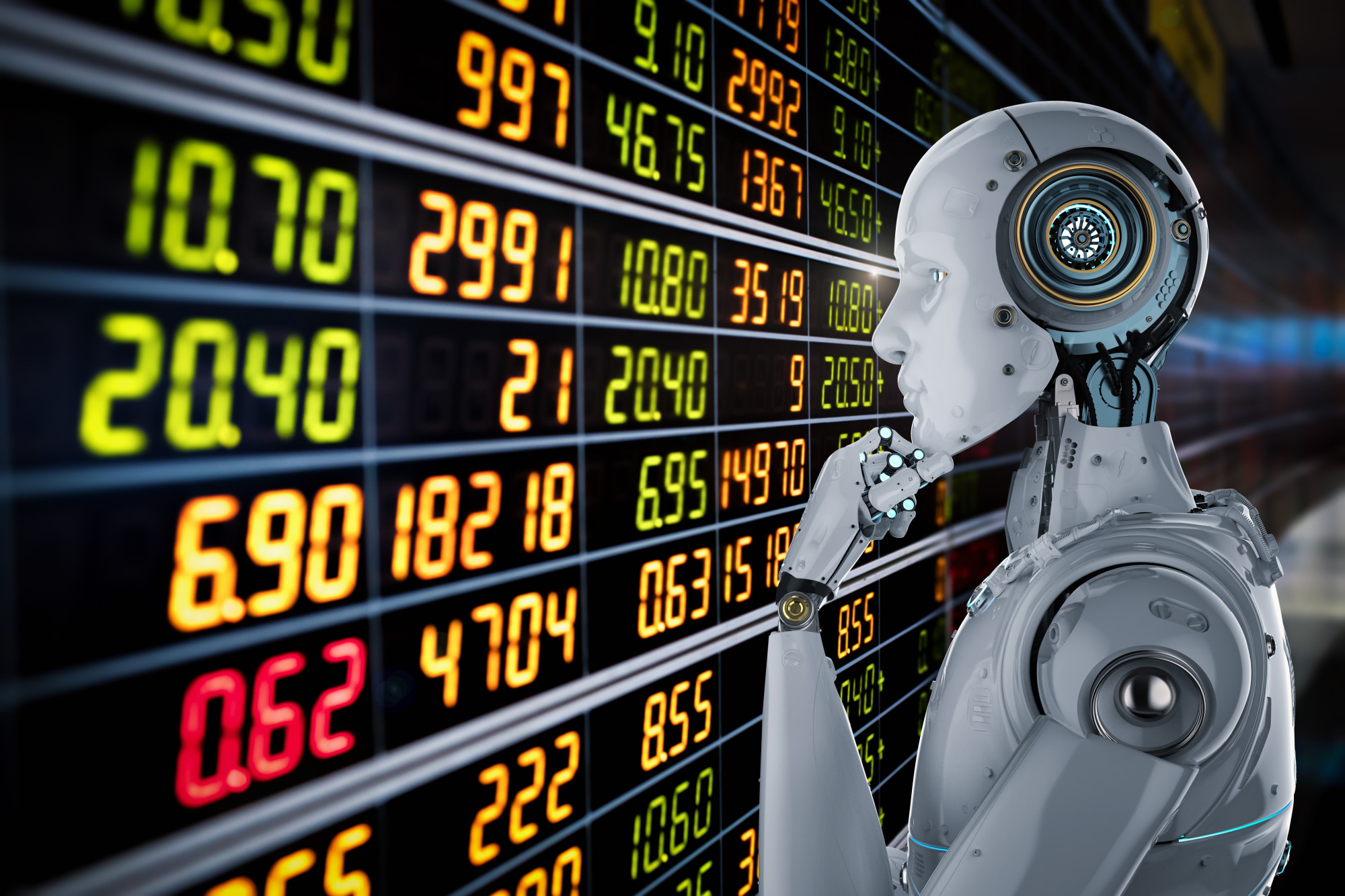Artificial Intelligence is one of the biggest buzzwords out there, and it isn’t specific to any one industry. Once you start listening out for it, you’ll hear talk about AI trends in fields ranging from robotics to the arts.
Whether you work on a farm or in a cubicle, you might experience an automated workplace sooner than you think!
Are you curious about what’s on the horizon? We’ve created this guide to share a few of the most interesting developments in Artificial Intelligence and what they might mean for your field.
Read on to learn about where AI software is heading. We promise a robot didn’t write this article!
Contents
AI in the Field of Ethics
Your mother told you not to major in philosophy because she didn’t think you’d be able to find a job in your field. We bet she’s kicking herself now! The advent of AI technology, such as ChatGPT and Midjourney, is raising ethical quandaries that artificial intelligence can’t help us solve.
Thus, AI Ethics is a growing field. Professionals are in the process of developing guidelines that can help us govern when and how to use this technology without harming humans.
Furthermore, AI is only as intelligent as the information it’s fed. This means that users are discovering forms of bias that may perpetuate other types of harm. For example, modeling programs like DALL-E might weigh Western beauty standards in its AI art.
According to the Atlantic Council, one in five humans on Earth will be African by the year 2050. If that is the case, the development of globally-conscious AI is imperative.
This means philosophers must work alongside programmers to account for these ethical issues and create a balanced tool that benefits everyone.
AI Software in Healthcare
Doctors, researchers, and professionals must handle a lot of data in the medical field. It’s essential for patient diagnosis, spotting trends, and developing cures. Today, scientists are developing AI programs that can quickly parse that information so medical professionals can focus on human-centered care.
In the future, healthcare professionals hope this tech can help predict disease outcomes and even help interpret imaging and pathology reports. Eventually, practitioners may be able to input scans, test results, and patient data and receive a comprehensive, AI-generated treatment plan that takes holistic health into account.
For now, you might be able to interact with medical AI in its infancy. You can often find it in the form of medical chatbots, which can help you while ordering pharmaceuticals online. Some diagnostic bots can also help you decide whether you need to see a doctor. AI won’t replace healthcare workers anytime soon, but it is already making their jobs easier.
Natural Language Processing
If you’ve ever had a conversation with ChatGPT or one of its more primitive ancestors (remember Smarterchild?), you’ve experienced NLP or Natural Language Processing. This term describes AI’s ability to both process and produce novel language.
In other words, if you ask a chatbot a question, can it figure out what you want to know and provide a complete, meaningful answer? Can it account for slang, colloquialisms, and differences in phrasing?
This technology has implications for many fields, but we’re already seeing it in action in customer service. As voice assistants become more advanced, you could even have an oral conversation with an artificial intelligence without even realizing it. Before long, calling up your doctor’s office or ordering a pizza could mean chatting with an AI receptionist.
AI in the Cybersecurity Field
AI cannot do everything humans can, but it can do a few things humans cannot. Namely, AI can process impossibly large quantities of data and detect tiny anomalies. This means the technology is uniquely positioned to assist with cybersecurity breaches, which affect nearly every field with an online presence.
Ultimately, this technology can make online and mobile banking, sharing medical records, and completing legal paperwork safer and more secure. In fact, you may already see this type of AI in the workplace if your job follows HIPAA guidelines.
AI Creation and the Arts
It’s hard to avoid interacting with AI modeling software, which produces highly-rendered visual art based on written prompts. Many individuals encountered it for the first time when the photo-generating app Lensa went viral.
Today, it is the center of some controversy, as the uncanny art it produces is gaining quality. The rise in AI graphics is threatening the livelihood of trained visual arts professionals.
AI art is also moving beyond the visual. Data scientists are working on programs that compose original music, score films, and generate poetry.
In real estate, we’re beginning to see AI tech that can help design interiors. Interior design AI has larger applications for virtual reality, too. Over time, we can expect to see more complex and immersive virtual environments like the Metaverse.
The Metaverse is already changing the way many individuals do business. Some organizations maintain a presence in the Metaverse, allowing them to complete “face-to-face” operations from anywhere.
AI Trends That Might Impact Your Life
AI is not yet advanced enough to replace jobs requiring critical thought, problem-solving, or artistry. With that said, the AI trends coming down the line might soon make aspects of your day job obsolete. Individuals in fields such as content writing, modeling, translation, and law are already seeing the implications in action.
Stay updated on the latest tech news by checking out our blog. It’s full of informative posts that will keep you in the tech loop. It’s the best way to stay ahead of the robots!

